Delgado: Contador's retirement part of the end of Spain's 'golden age' of cycling
'Alberto will leave a big gap, that's for sure'
The latest race content, interviews, features, reviews and expert buying guides, direct to your inbox!
You are now subscribed
Your newsletter sign-up was successful
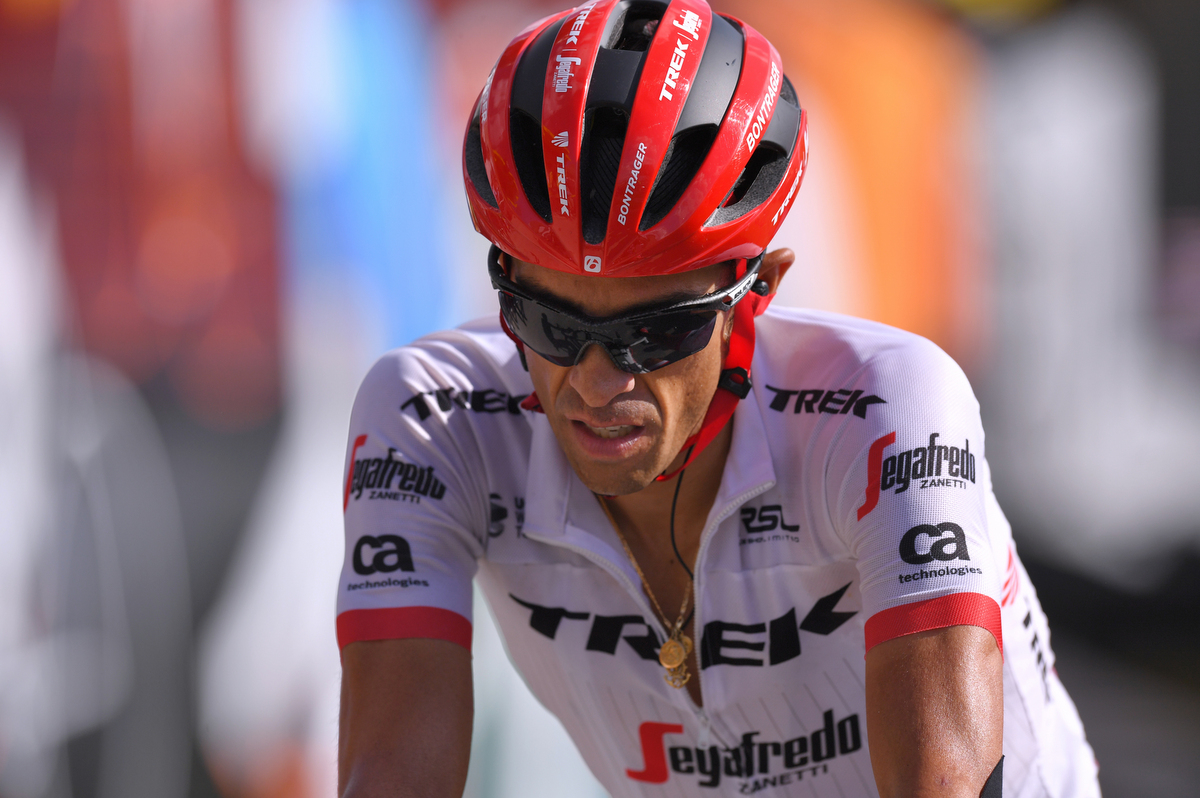
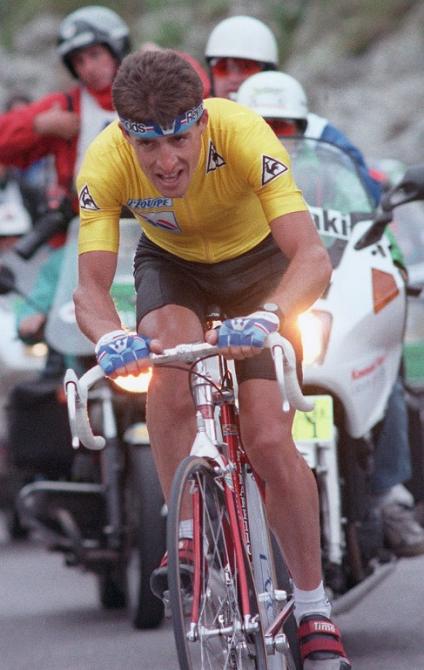
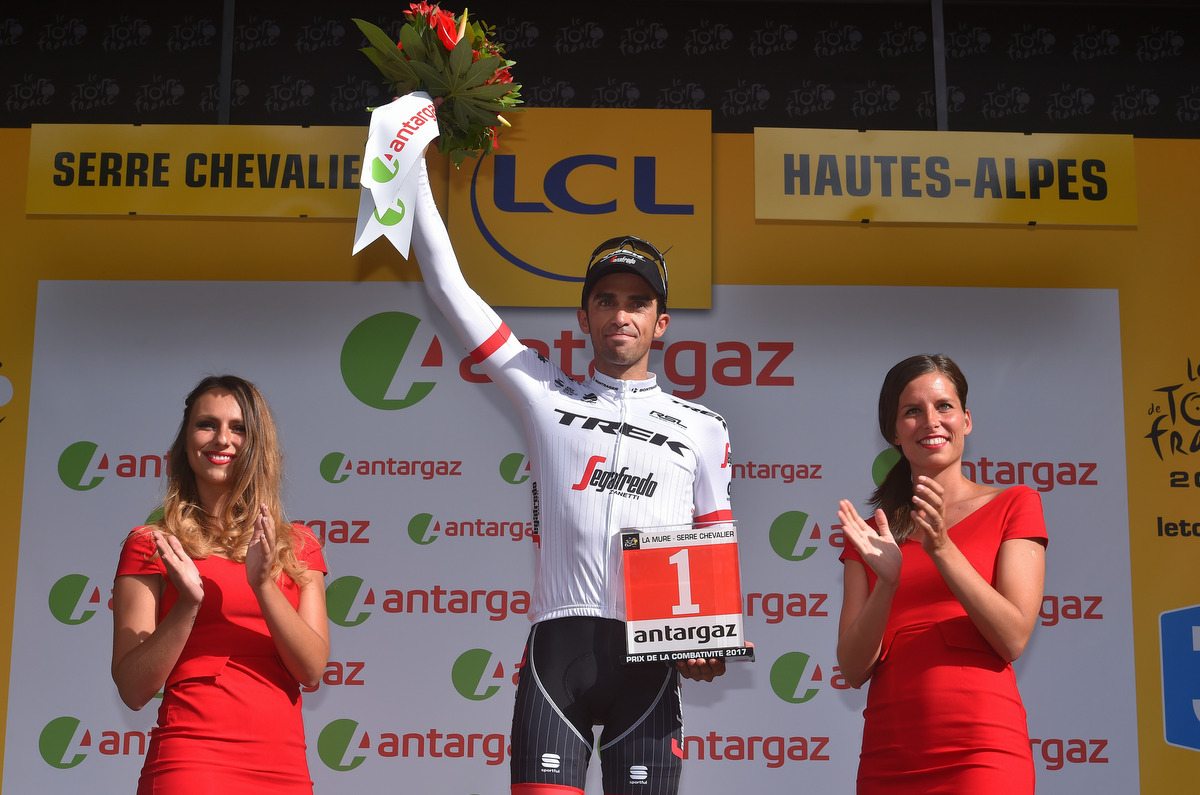
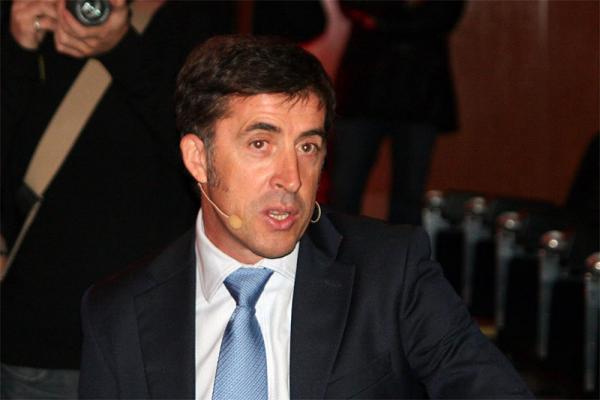
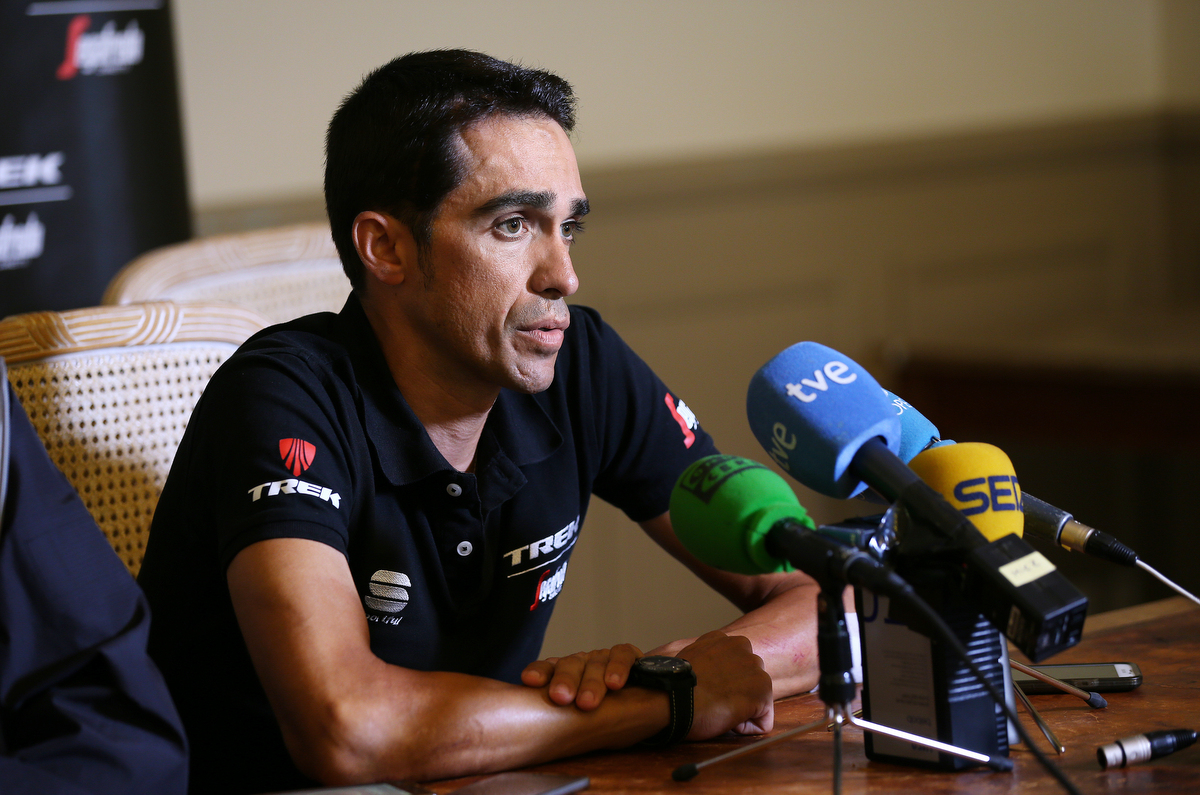
Former Tour de France winner and cycling commentator Pedro Delgado believes that with Alberto Contador's imminent retirement, the end of Spain's "golden era" of cycling is fast approaching.
"Alberto will leave a big gap, that's for sure," Delgado told Cyclingnews, before quickly turning his thoughts to the consequences of the Trek-Segafredo rider's retirement next month for the sport in Spain.
"Everybody in Spain is waiting to see what Mikel Landa can do as a team leader, so that gap is, looking towards the future, a relative one. But Contador also forms part of a "golden age" of cycling in Spain, which started off in the era of Miguel Indurain and myself, then it had Alberto for the Grand Tours – and let's not forget Carlos Sastre, either.
"What made that golden age even greater for Spain was the way it was rounded out by the riders who were or are great Classics riders as well, like Oscar Freire and Joaquim Rodriguez or Samuel Sánchez and Alejandro Valverde."
Yet that generation is increasingly limited in number. "Some have already left the sport, others are moving towards leaving," Delgado said. "But all in all, Contador's retirement forms part of the end of that 'golden age of cycling.'"
The full background to Contador's decision to quit at the end of this season has yet to be resolved. Winner of the Giro d’Italia in 2015, Contador targeted the Tour de France in each of the past two seasons, but was forced to abandon last year and could only manage ninth overall this time around.
"Possibly, getting close to those top results, but not achieving them, can wear you down a bit, particularly when you've been used to winning and you still have to go through the routine of training camps, time away from home and so on," Delgado said.
The latest race content, interviews, features, reviews and expert buying guides, direct to your inbox!
Giving his own, personal, point of view on why he thinks Contador has opted to quit now, Delgado believes that "for one thing, in Alberto's case, finishing on the podium or finishing in the top five has never really been his thing. He races to win, because that's what he's used to, and what he wants are more wins. And it's clear that it's very difficult, these days, for that to happen, given the way cycling is now raced."
With age, Delgado added, "you become more vulnerable," pointing to Contador's display at the Tour last month.
"The best example of that in Contador's case, is the stage to Serre Chevalier this year in the Tour when he attacked on the Croix de Fer. But what happened? Four years ago, Contador wouldn't then have hit crisis point – not a major crisis point, but a crisis all the same – on the Galibier. He'd have gone on, either to turn the Tour GC upside or at the very least get a stage win.
"I think he came to the Tour in really good shape and well-prepared. But for all he wanted to do really big things, his strength let him down. It was a reality check."
Crashes and subsequent injuries hardly helped matters either and Delgado said that racing in a more calculating, less spontaneous, colder, style, which could be an alternative for an aging rider "just isn't in his character."
"He doesn't like that kind of cycling, and he doesn't need to continue for another year or two, either in sporting terms or economically," Delgado said. "So he's decided to stop and see what other things life has to offer."
Alasdair Fotheringham has been reporting on cycling since 1991. He has covered every Tour de France since 1992 bar one, as well as numerous other bike races of all shapes and sizes, ranging from the Olympic Games in 2008 to the now sadly defunct Subida a Urkiola hill climb in Spain. As well as working for Cyclingnews, he has also written for The Independent, The Guardian, ProCycling, The Express and Reuters.

